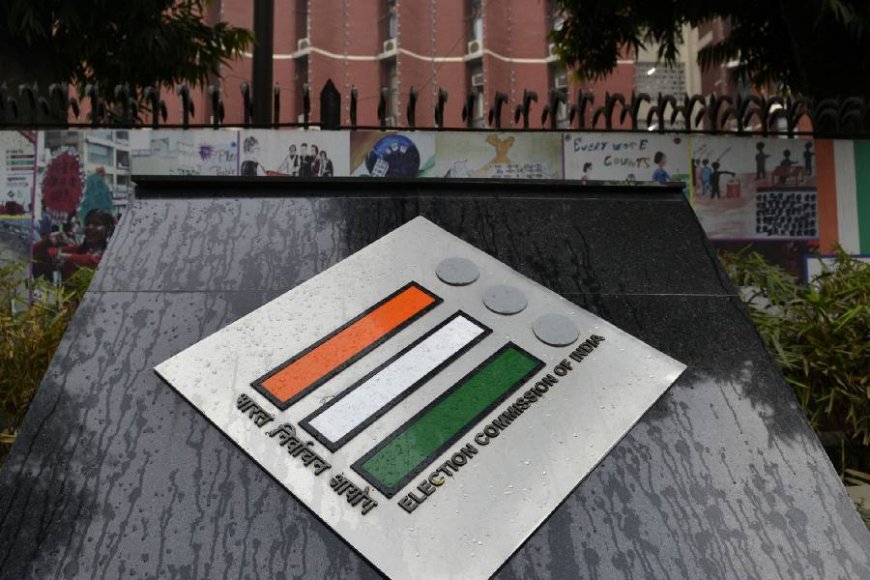Nadia sets eco-friendly example for Bengal elections with jute campaign materials
Election Commission hopes to replicate initiative across state, prioritizing sustainability and supporting local jute farmers.

For the Lok Sabha elections, the Nadia district administration used eco-friendly materials for flexes, banners, posters, bags, and other items in their branding and awareness campaigns. This set an example for Bengal, and the Election Commission of India is hoping to implement similar initiatives throughout the state.
Reducing the amount of plastic, polythene, and other non-biodegradable materials used to make posters and banners for campaigns was the main goal, according to a district election official.
According to him, toxic chemical additives found in plastic flexes, such phthalates, lead, cadmium, and organotin compounds, often seep into the environment.
"The administration has chosen to use jute for all promotional material, related to awareness campaigns for the upcoming Lok Sabha elections, in concurrence with the commission order to prioritise both environmental sustainability and human well-being, while also contributing to the economic well-being of approximately two lakh jute farmers in the Nadia district," Nadia district magistrate S. Arun Prasad said.
Adopting jute has two benefits: it protects human health and the environment while also helping local jute producers become more prosperous. Because jute is so adaptable, prints may be erased after serving a function and reused for new endeavors. This creative strategy supports the reduce, recycle, and reuse (RRR) tenets, greatly advancing the cause of sustainable practices," he said.
When asked why Nadia chose the jute route, Prasad said, "Jute will encourage the farmers because Nadia and Murshidabad districts contribute nearly half of the state's jute production."
The Election Commission's notice from August 18 of last year prompted the decision to switch to environmentally friendly materials. The commission recognized the negative environmental effects of using non-biodegradable materials in elections and said that it was more conscious of environmental issues.
In its notification, the poll panel stated that "preserving the environment is not a personal but a community obligation" and urged all political parties to desist from using plastic, polythene, and other non-biodegradable materials when creating posters, banners, and other campaign materials. The panel emphasized how important the change is for both the environment and public health.
The chief electoral officers were instructed by the commission to inform all district election officers, returning officers, and other election officials of this instruction. Chief electoral officials are also responsible for making sure that candidates and registered but unrecognized political parties in the states are informed of the rules and are forced to follow them.
The commission is excited to use biodegradable materials in its promotional and advertising materials. According to a commission official, the commission published rules before to the Assembly elections in five states late last year. These guidelines encouraged political parties and candidates to utilize eco-friendly materials while avoiding the usage of single-use plastic and non-biodegradable chemicals.
"These guidelines will be strictly adhered to in the general election, and all districts will be required to follow them." For every election-related campaign, we aim to employ biodegradable materials. He went on, "The political parties would be asked to comply."























































